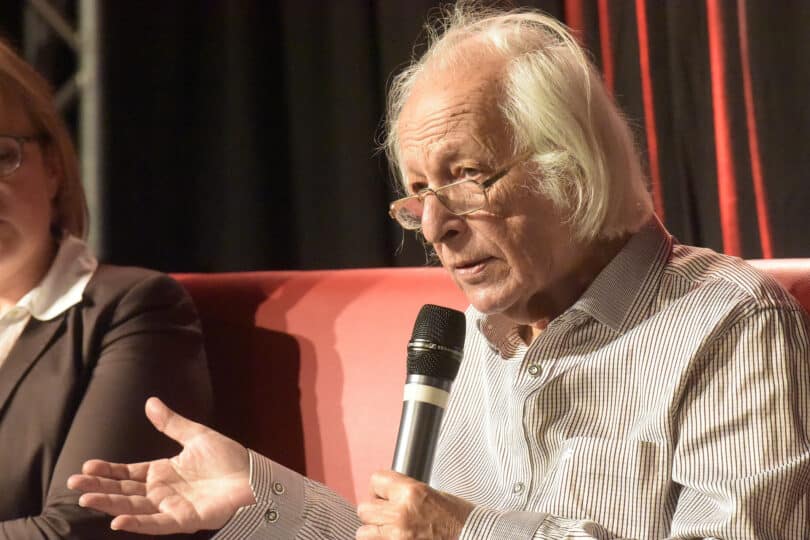In this short commentary, John Bellamy Foster describes the term after which Samir Amin’s Eurocentrism is famously named.
EUROCENTRISM: Since its first publication more than thirty years ago, Eurocentrism has become a classic of radical thought. Written by one of the world’s foremost political economists, this original and provocative essay takes on one of the great “ideological deformations” of our time: Eurocentrism. Rejecting the dominant Eurocentric view of world history, which narrowly and incorrectly posits a progression from the Greek and Roman classical world to Christian feudalism and the European capitalist system, Amin presents a sweeping reinterpretation that emphasizes the crucial historical role played by the Arab Islamic world. Throughout the work, Amin addresses a broad set of concerns, ranging from the ideological nature of scholastic metaphysics to the meanings and shortcomings of contemporary political Islam. The second edition contains a new introduction and concluding chapter, both of which make the Samir Amin’s arguments even more compelling.
* * * *
Monthly Review magazine and Monthly Review Press have been leading publishers of left scholarship since 1949. The first issue of Monthly Review (May 1949) featured Albert Einstein’s classic essay, “Why Socialism?” Our mission since then has been to offer readers a responsible platform for neglected and emerging scholarship grounded in critical analyses of capitalism, on a wide range of progressive issues. Monthly Review Press is an educational publisher, featuring a small and selected, but influential, school of scholarly analysis that fills a demonstrable gap in the arena of socialist scholarship. Monthly Review’s distinctive contribution to the world of ideas has advanced an analysis that helps to explain the tendency of contemporary capitalism toward slow growth and stagnation, the growing environmental catastrophe, the continuing and deepening economic inequality between the rich and poor nations, and between the rich and poor everywhere.

